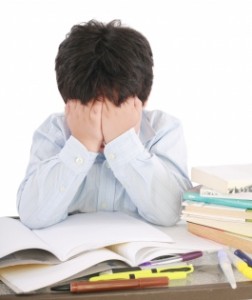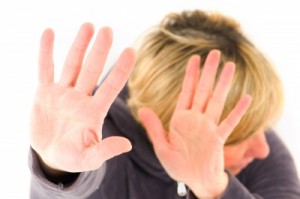Homeopathy Effective in Treating Depression
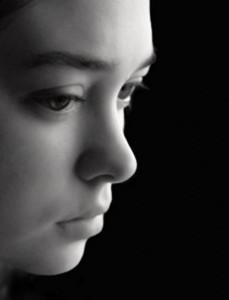 Feeling a bit down from time to time is a normal part of life, but when feeling down is replaced by feelings of emptiness and despair, it may be depression.
Feeling a bit down from time to time is a normal part of life, but when feeling down is replaced by feelings of emptiness and despair, it may be depression.
More than just feeling “blue” depression can make it difficult to function and enjoy life. The things you used to enjoy and friends that once interested you no longer keep your attention. When you’re depressed you’re exhausted all of the time and just making it through the day is almost overwhelming. When struggling with it, things may seem hopeless but with the care of a qualified naturopath physician and treatment with the correct homeopathic medicine you can get better.
Though the precise cause and nature of depression is not clearly understood, it is believed to be related to an imbalance of brain chemicals called neurotransmitters. This chemical imbalance may be caused by one or more of the following factors:
- Some types of depression run in families, suggesting that the condition can be inherited from parents and grandparents as a genetic predisposition.
- When this genetic predisposition is amplified through stresses at work or school, it can lead to depression. Stress can also be elevated due to a serious loss, difficult relationship, financial problems or any stressful change in life patterns.
- People who have low self-esteem and consistently view themselves and the world in general with a pessimistic attitude are easily overwhelmed by stress and prone to depression.
- Medical illnesses such as stroke, heart attack, cancer, Parkinson’s disease and hormonal disorders can also lead to depressive illness.
Very often a combination of genetic, psychological and environmental factors are involved in the onset of depression.
Homeopathy offers an excellent treatment for all stages of depression and is particularly effective in the early stages of the disorder. A wide variety of symptoms can be dealt with successfully through homeopathic care. Homeopathy can positively influence personality traits that are at the base of the disease.
The important factor is that when genetic predispositions are coupled with environmental stress the result is depression. Homeopathic medicines are particularly successful treating depression through their deep acting nature, countering genetic tendencies. Homeopathic medicines address the root cause of the disease and work to prevent a relapse or recurrence of the condition. And unlike other conventional medicines, homeopathy is free of negative side-effects.
If you have a question about homeopathy, call Dr. Andrew Kaufmann at (480) 840-1841.
Disclaimer: No statements on this website are intended to diagnose, prevent, treat or cure any condition or disease but rather are given for informational purposes only. Always seek the advice of a licensed, trained health care provider when using any dietary supplements, herbal, homeopathic, over-the-counter medicines, prescription drugs or making any dietary or lifestyle changes.

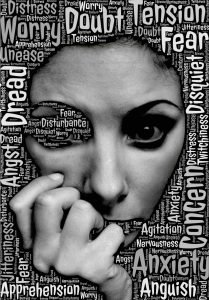 over germs and cleanliness, which in this case may create the compulsion, or need to repeatedly wash the hands. Though many patients are aware that these thoughts and behaviors are irrational, they are unable to control them. It can be a debilitating and all consuming brain disorder, and without management, many patients are unable to function normally and lead productive lives.
over germs and cleanliness, which in this case may create the compulsion, or need to repeatedly wash the hands. Though many patients are aware that these thoughts and behaviors are irrational, they are unable to control them. It can be a debilitating and all consuming brain disorder, and without management, many patients are unable to function normally and lead productive lives.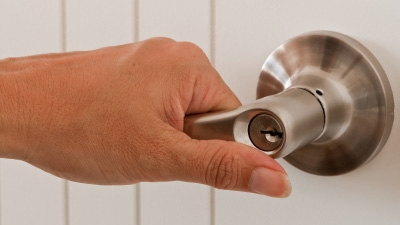
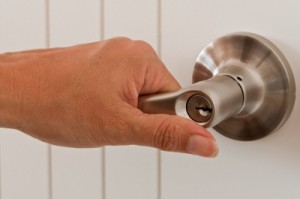
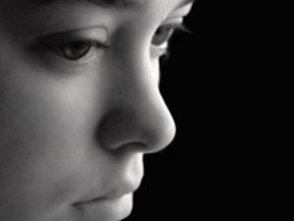
 About 35 percent of all children in the United States are affected by this disorder. Traditionally, doctors have used central nervous system stimulants to treat ADD. One such drug is Ritalin and other brands of methylphenidate. This particular drug has been prescribed with increasing frequency since the 1990s, partly as a result of the more widespread acceptance of ADD as a valid diagnosis. If the use of this and other such drugs is monitored carefully, they can be effective at least some of the time; however, there is a risk of toxicity, and their effects on children under six has not yet been adequately tested, so these drugs should be considered off-limits to that age group.
About 35 percent of all children in the United States are affected by this disorder. Traditionally, doctors have used central nervous system stimulants to treat ADD. One such drug is Ritalin and other brands of methylphenidate. This particular drug has been prescribed with increasing frequency since the 1990s, partly as a result of the more widespread acceptance of ADD as a valid diagnosis. If the use of this and other such drugs is monitored carefully, they can be effective at least some of the time; however, there is a risk of toxicity, and their effects on children under six has not yet been adequately tested, so these drugs should be considered off-limits to that age group. Depression is a very common condition. So common that almost every person will experience it in their lives, even children. Depression can effectively be treated with homeopathy in children and teens.
Depression is a very common condition. So common that almost every person will experience it in their lives, even children. Depression can effectively be treated with homeopathy in children and teens. ADD and ADHD in Children
ADD and ADHD in Children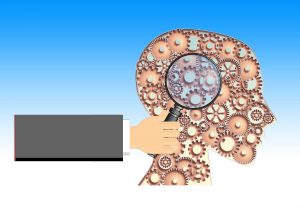 fix of “dys” are included such as “dystrophy”. It includes the following types of diseases:
fix of “dys” are included such as “dystrophy”. It includes the following types of diseases:
